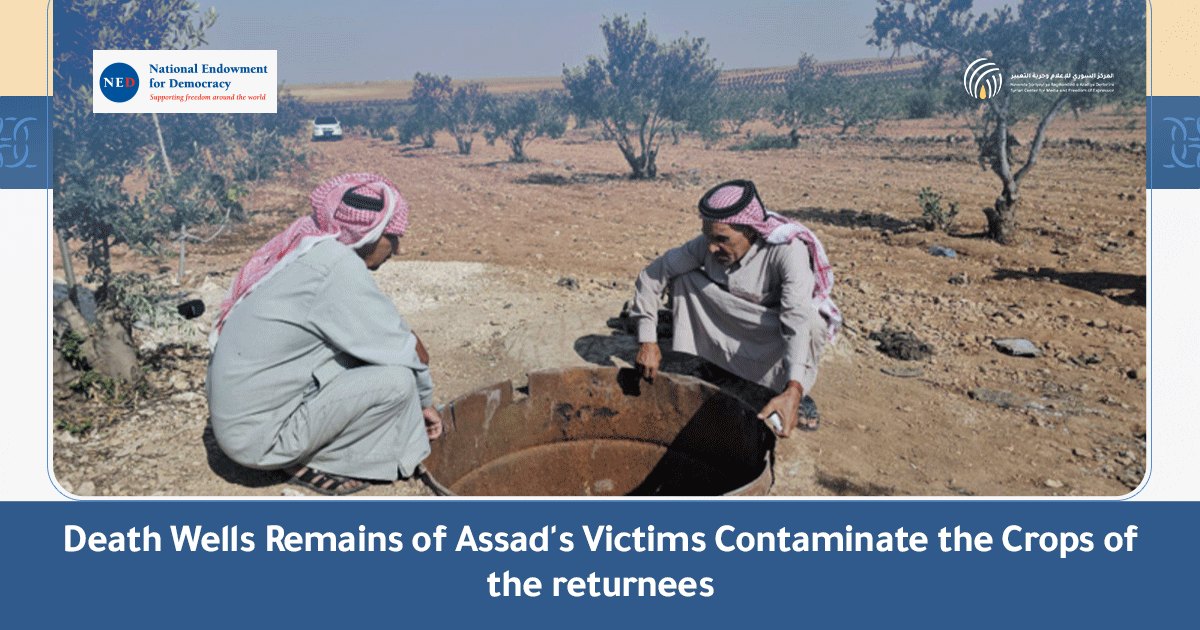 Cairo: 9 May, 2017 – The Arabic Network for Human Rights Information (ANHRI) has warned of the recent dramatic escalation of crackdown on freedom of opinion and expression by the government’s three branches (Legislative, Executive and Judicial), which are severely hostile to the expression of opinion.
Cairo: 9 May, 2017 – The Arabic Network for Human Rights Information (ANHRI) has warned of the recent dramatic escalation of crackdown on freedom of opinion and expression by the government’s three branches (Legislative, Executive and Judicial), which are severely hostile to the expression of opinion.
ANHRI said, “The past few days have seen successive and very serious new and hostile steps carried out by the three branches of the sate (each on its own), in order to hinder the exercise of the right of opinion and expression enshrined in the Egyptian constitution”.
The Egyptian parliament approved, on its session convened on Sunday May 7, a draft law known in media as “Sports Law”, which includes 96 articles concerning the regulation of sports associations, sports club advertisements and investments as well as counteracting stadium and fans groups.
The bill seeks to re-mete out prison sentence over libel cases, which was rescinded from the Penal Code in 2006. Article 85 of the law provides for a prison sentence for a period of not less than one year and a fine of not less than 1000 EGP and no more than 3000 EGP- or both of them- against whoever (whether natural or legal person) insults- either verbally or implicitly- by any means of public speaking or during a sport event. The penalty shall be doubled if the previous acts are perpetuated by one of sports insurance bodies/associations or their employees.
Parliament did not forget to add terms such as “incitement to hatred” or “racial discrimination” in an attempt to pass the law without rejections from human rights organizations.
In practice, the law seeks to disband and silence sport clubs’ fans- aka “Ultras”. Article 91 states that whoever establishes or organizes sports associations in violation of the basic regulations of the law regulating sports bodies shall be sentenced to prison or a fine- not less than 50,000 EGP and not more than 200,000 EGP. Whoever is affiliated to sports entities shall also be punished by imprisonment for a period not less than three years and a fine -not less than 10,000 EGP and not more than 300,000 EGP, if he practices any activity that represents the presence of its association or disseminate its views in any form.
Since the January 2011 uprising, successive governments have long sought to silence the voice of Ultras against the backdrop of its direct role in the revolution and its repeated demands to halt the police attacks on fans. This brings to mind the bloody incidents of what is publicly known as Portsaid and Air Defense Stadium, which resulted in the death of hundreds of fans.
On the other hand, the Parliament’s Chairman of the Defense Committee submitted a draft law amending Articles 179 and 184 of the Penal Code, related to so-called “insulting the President, or the Parliament” or any other statutory bodies alongside the army, courts, authorities, public bodies, or any symbol of the Egyptian state.
The proposed amendments may reverse the ones made by the interim President Adli Mansour on August 5, 2013, when he rescind the prison penalty for insulting the President of the Republic. Moreover, adding the term “a symbol of the Egyptian state” to the provision constitutes an expansion in the criminalization of these acts using vaguely-worded terms which cannot explicitly define the certain crime, as prescribed in penal legislation.
As for the judicial authority/ branch, the Public Prosecution deliberately level unfounded, broad/ loose, or illegal charges against journalists and opinion holders, in an attempt to protect officials from criticism relating to administrative and financial corruption within state institutions.
For example, the Prosecution pressed against journalist Gamal Hafez, head of the judicial section of Al-Fajr newspaper, charges of “insulting the Supreme Judicial Council’s sovereignty with the aim of undermining it, disrupting the public peace and harming the judicial branch by propagating false news, and deliberating harassing or disturbing others with the use of communication devices”, for publishing press reports on the Public Prosecution appointments that include judges and security leaders’ sons and relatives.
In a related context, a copy of the arrest warrant issued against activist Ayman Hegazy discloses the state executive branch’s hostility towards social media users and the fabricated communiques maliciously conducted against them.
According to what the police officer stated in the record, and while passing by with a police car, he was able to arrest Hegazy while using Facebook to incite citizens against the regime. After examining the matter, it is revealed that activist was supporting Mohamed a-Baradai, former vice president, along with Aya Hegazy, founder of Belady Foundation for street children. The officer said in the communique that “by facing the defendant, he confessed that he is one of the Revolution injured”, which he deemed as a crime to be punished for, rather than a source of pride and appreciation!
ANHRI sees that “These facts are clear evidences that the state’s three branches in Egypt have become very far away from the state of the rule of law which is based on the independence of the state powers/ branches, the balance between them and how they monitor each other; specially after the executive branch has become indeed controlling each of legislative and judicial branches pushing each of them to curb any form of expression of opinion, either speech or artistic expression or peaceful protest.




